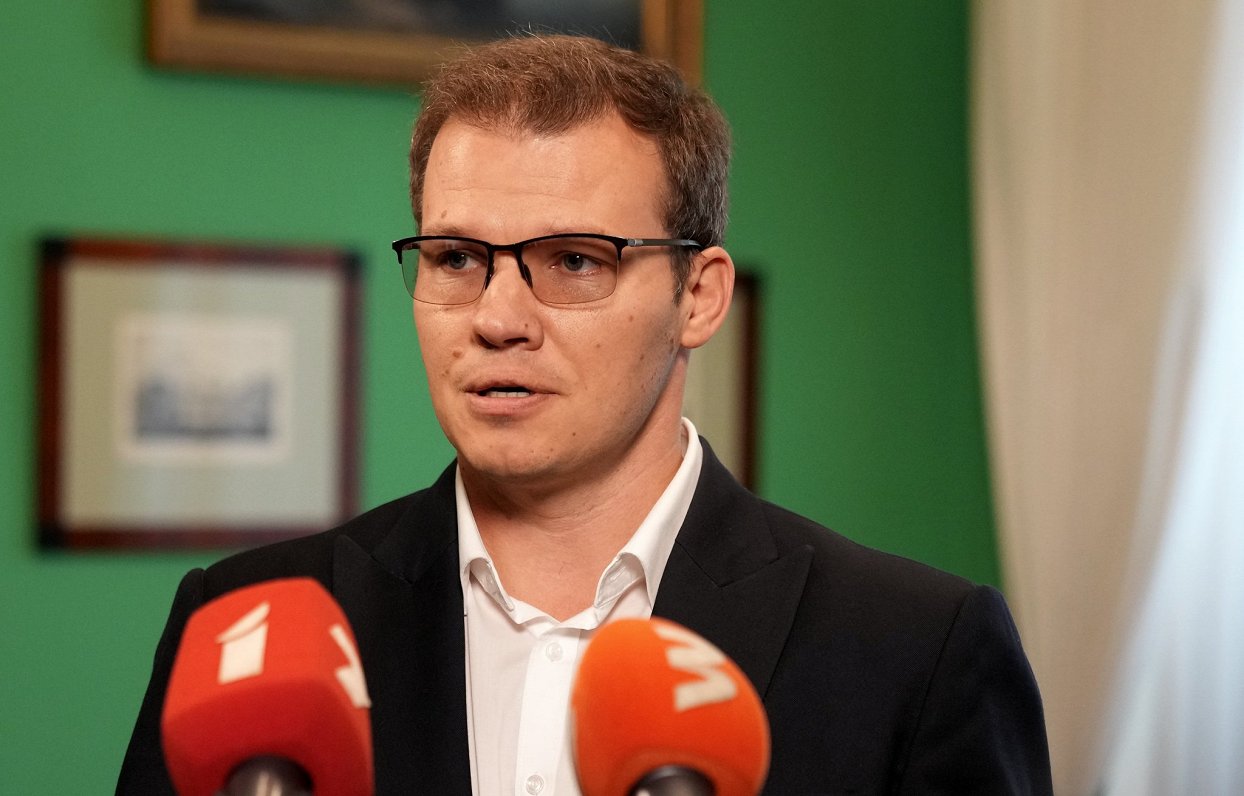According to him, many issues have been discussed in the current negotiations, including, for example, in the field of education, in the heating of the economy. The disagreement comes when it comes to specific funding, such as investing in companies that create new jobs or funding to raise medical and teacher salaries.
The negotiations on the creation of the new coalition, in the opinion of Dzintars, could have been more intense, involving representatives from different sectors, which would allow for a new government to be formed more quickly. “This is the question to New Unity, why this pace has been chosen, such an approach in forming a coalition,” said the politician.
According to Dzintars, there are all the conditions to agree on the new coalition more quickly.
On Monday, Octoebr 24, the PM Krišjānis Kariņš is expected to meet with President Egils Levits, and, as reported earlier, more significant news could emerge after this week's meeting.
As previously reported by LSM, negotiations center on whether a narrow three-party, right-of-center coalition of New Unity, the National Alliance and the United List will form the executive, or whether a broader four-party model including the left-leaning Progressives will be preferable.





























